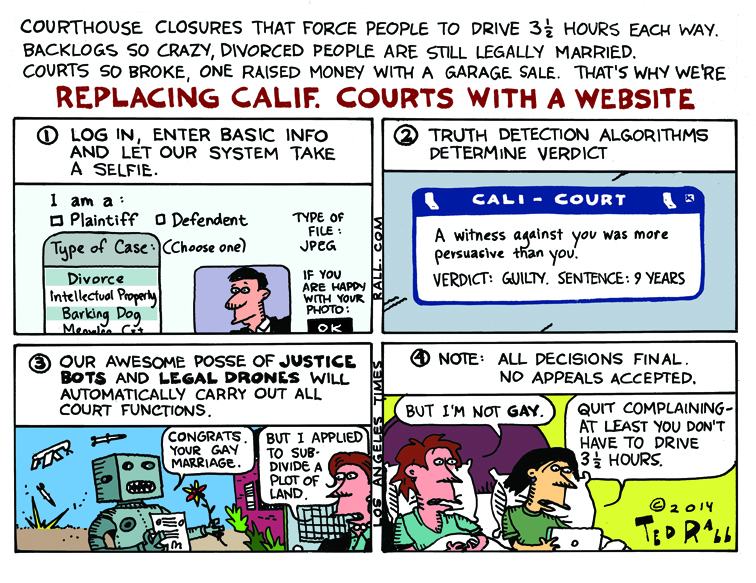Cross-posted from Pando Daily:
Everyone deploys propaganda during wartime, but people know more about their enemy’s lies than their own government’s. Which is why you probably know that comrades who fell out of favor in the Soviet Union got their faces erased from official photos, but perhaps not that the famous newsreel of Hitler doing a silly dance to celebrate the defeat of France was faked by the Allies, or that a U.S. Marines psy-ops team choreographed the group of supposedly random Iraqis who supposedly spontaneously pulled down Saddam’s statue in 2003.
The latest example of propagandists behaving badly (i.e., getting caught) concerns a photo that Russian media presented as proof that American mercenaries from the company formerly known as Blackwater are in Ukraine, backing the new post-coup Ukrainian government in Kiev.
In fact, it appears that the image of heavily armed goons actually depicts police or security contractors (more on that below) carrying automatic assault rifles on the streets of New Orleans after hurricane Katrina struck the city in 2005.
Like a certain enigma wrapped in a whatever, layering makes this story fascinating.
First there’s Internet as double-edged sword. The Russians found the Katrina photo online. Here it is:

To turn Katrina-era New Orelans into eastern Ukraine under U.S. thug occupation, shirt insignias were changed to what the German national tabloid newspaper Bild am Sonntag said were mercs working for Academi, corporate heir to the infamous Blackwater security firm.
Also, that Wendy’s had to go:

What the Web giveth it taketh away, and so bloggers located the original source material, debunking the “proof.”
“The Internet is a wonderful thing, and eventually people can find out where photographs came from,” Daniel Baer, U.S. ambassador to the Organization for Security and Cooperation in Europe told The Los Angeles Times.
Yes they can and yes they did. Baer continued: “The allegations that there are somehow ‘U.S mercenaries’ operating in Ukraine are false.” Well, maybe. One thing about propaganda is, in order for it to be effective, it has to hit close to some bigger truth — not exactly The truth — or no one will buy it. The truth is, the United States is providing support, both overt and covert, to the new government of rump Ukraine.
It’s like Hitler’s dance. People believed it because they thought he was nuts.
People all over the world may or may not believe that the U.S. has sent rent-a-goons to Ukraine. That said, it’s hardly beyond the American government to sic private contractors on foreign civilians, or blow kids up with drones, or crawl in bed with sketchy regimes. So the mud sticks, at least a little — and, because we’re on their side, reduces the credibility of Ukraine-minus-Crimea.
The underlying politics are even more convoluted and fascinating.
In their search for imagery that would smear their Ukrainian foes as pawns of the same mooks who shot up a square full of Iraqi civilians for the hell of it — and an American government happy to let them off the hook — Russian propagandists inadvertently date-checked the U.S. government’s appalling response to Hurricane Katrina, a debacle epitomized by The Onion headline: “Officials Uncertain Whether to Save or Shoot Victims.” Oh, the irony: it’s entirely possible that the men in the photo really did work for Blackwater.
A little more peeling:
Russia got caught faking “U.S. Mercenaries in Ukraine,” only to remind the world that “U.S. Doesn’t Care About Americans Unless They’re Not Black and Not Poor.” Katrina, of course, has nothing to do with Ukraine. But here’s the thing about that doctored “Ukraine” photo: It still shows goons. Goons somewhere they ought not to have been, intimidating innocent people.
So we wind up with a draw. We get to laugh at the clumsy propagandists. They convince more people that we’re scum, and that the Ukrainian government is guilty by association.

 Finding yourself in the vortex of a media firestorm has never been fun. Every White House intern is a sloppy encounter away from triggering a horde of reporters determined to unearth your elementary school report card, your driver’s license photo and the real reason
Finding yourself in the vortex of a media firestorm has never been fun. Every White House intern is a sloppy encounter away from triggering a horde of reporters determined to unearth your elementary school report card, your driver’s license photo and the real reason 

 Maksim Ksendzov had a shitty weekend.
Maksim Ksendzov had a shitty weekend.
